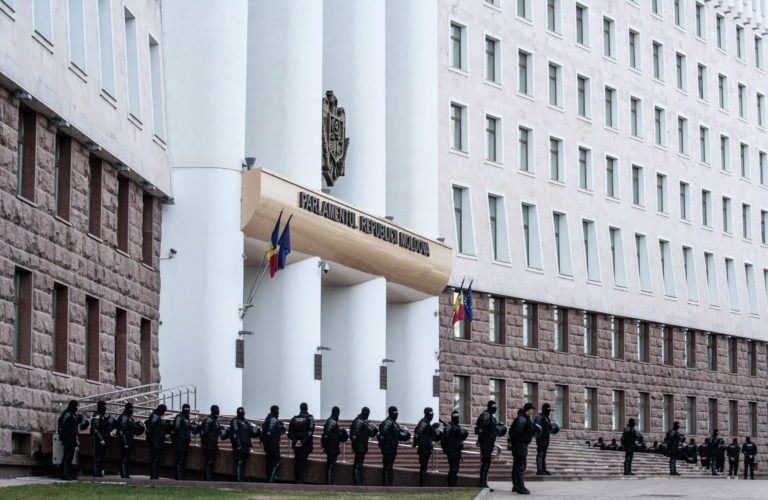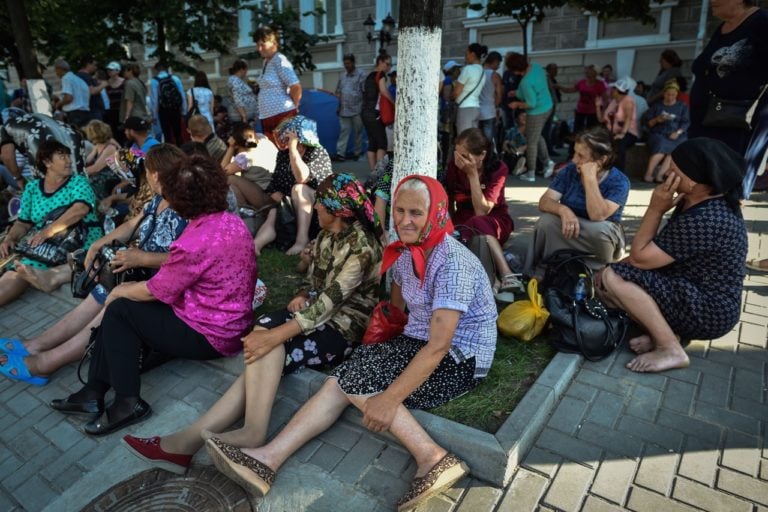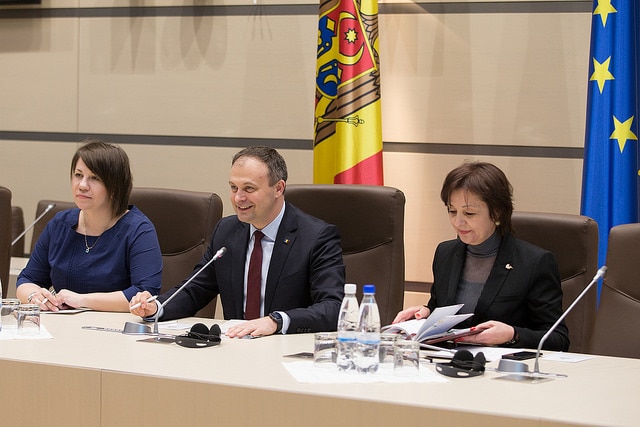(IJC/IFEX) – The following is an IJC capsule report: REPORT: On the Situation of the Press in Moldova in 2008 from the Perspective of Observing the Freedom of Expression and the Right to Access to Information Contents I. Freedom of expression 1. Legislative developments 2. The situation of the press 3. The situation in broadcast […]
(IJC/IFEX) – The following is an IJC capsule report:
REPORT: On the Situation of the Press in Moldova in 2008 from the Perspective of Observing the Freedom of Expression and the Right to Access to Information
Contents
I. Freedom of expression
1. Legislative developments
2. The situation of the press
3. The situation in broadcast media
4. Media at the European Court of Human Rights
II. The right to information: legislative developments
III. Abuse of journalists in 2008
I. Freedom of expression
1. Legislative developments
The year 2008 was a fruitful one from the point of view of legislative developments. 2008 saw the resignation of the Tarlev government and the establishment of the Greceanii government, strains in the relationship between Moldova and Romania, pre-election tension and also legislative amendments unfavorable to the opposition. In order to align the national legal framework with international standards, the legislation on freedom of expression underwent significant changes; however, certain amendments and legislative initiatives were not in line with those standards.
Law No. 25-XVI on the Code of Conduct of Civil Servants was adopted on 22 February 2008. Article 8 paragraph (3) of this law forbids civil servants from communicating with journalists on behalf of their institutions if they are not empowered to do so by law. While certain members of parliament (MPs) contended that this provision did not prevent civil servants from expressing their personal opinions in the media, it was interpreted literally by civil servants who then categorically refused to speak to journalists referring them instead to their institutions’ public relations services.
In reports on monitoring access to information in public institutions, civil society representatives agreed that this provision impeded the freedom of expression of civil servants and thus of journalists’ access to information which was already extremely restricted.
In June 2008, parliament adopted an amendment to the Law on Editorial Activities. According to the information note attached to the draft law submitted by the Ministry of Culture, those amendments aimed to impede, “the appearance of literature forbidden by Article 32 (3) of the Constitution,” i.e., literature that denied and/or slandered the state and the people; that incited wars of aggression or national, racial or religious hatred; that incited discrimination, territorial separatism or public violence or that threatened constitutional order. The directors of the most important publishing houses in Moldova as well as writers and non-government organizations (NGOs) criticized the draft law for encouraging censorship even though the same law actually forbids censorship.
As a consequence, the article was adopted in a shorter form containing only a general interdiction against publishing, “. . . works that contradict the legislation in force.” The purpose of the amendment was, in fact, to censor literature published in Moldova. The South East Europe Media Organization published a press release in which it expressed its concerns about the amendment stating that it encouraged self-censorship.
To read the full report, see: http://tinyurl.com/b64lms


